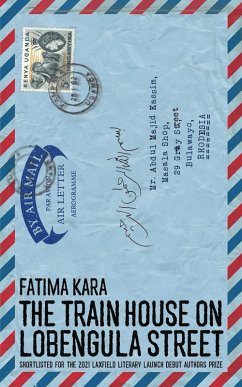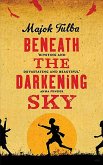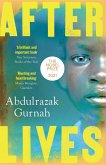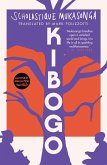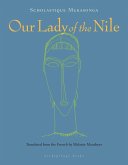How can Indian girls get the same opportunities as Indian boys? The Kassims are a traditional Indian Muslim family, living in Southern Rhodesia in the 1950s and 60s, where they enjoy a wealth of new opportunities but are held down by white racism and are torn apart by their own changing values. Kulsum wants her daughters to have an education that will expand their horizons; Razaak fears that education will make the girls unmarriageable within the Khumbar caste. Feeling sidelined by Kulsum's modernity and her other achievements, Razaak defers to his father and sends their daughters away to a less sophisticated branch of the family over 1,000 miles away in rural Uganda. How should Kulsum respond? In this affectionate picture of a little-documented African cultural milieu, first-time author Fatima Kara digs into her own memories of life as a Gujarati in Bulawayo, conjuring up the brilliant colours, mouth-watering foods and exotic plant life of a region she remains devoted to and wants us to love as she does. The Train House on Lobengula Street is Part One of an entrancing two-part story.
Dieser Download kann aus rechtlichen Gründen nur mit Rechnungsadresse in A, B, CY, D, DK, EW, E, FIN, F, GR, IRL, I, L, M, NL, P, S, SLO, SK ausgeliefert werden.

